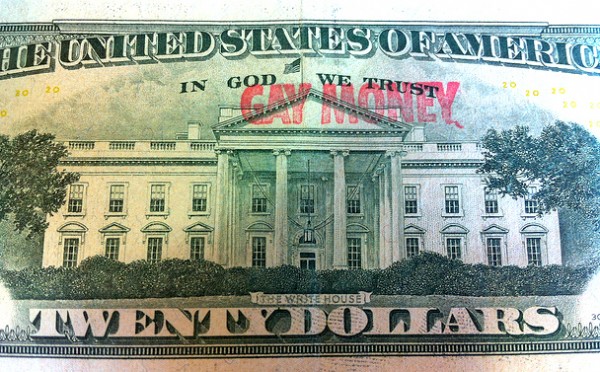
Negative stereotypes about marginalized social groups can contribute to inequalities in housing, education, employment, and the criminal justice system. Additionally, negative stereotypes may merge to produce “double disadvantages” for individuals belonging to two or more marginalized groups. This means that Black women, for example, face the double disadvantage of being both Black and women. But can negative stereotypes ever have positive consequences? Yes, according to sociologist David S. Pedulla, who looks at how stereotypes about gay men and Black men may counteract one another in the job application process.
Using an audit study, Pedulla surveyed 418 random respondents, asking how they would respond to one of four randomly assigned resumes. The survey asked respondents to review the resume, imagining that they were helping a friend in charge of hiring for an assistant manager position. They were also asked to make salary recommendations based on the applicant’s resume. Respondents then answered a series of questions about how strongly they agreed with statements like “the applicant makes female co-workers feel uncomfortable” and “the applicant is likely to break work rules.” These questions were used to determine perceived threat of the applicant.
All four resumes were identical in academic and professional qualifications, but varied to signal the race and sexual orientation of the applicant. Names were used to signal race: Brad Miller to signal a white applicant, and Darnell Jackson to signal a Black applicant. Sexual orientation was signaled through the applicant’s college student organizations: “gay” by listing participation in the “Gay Student Advisory Council” and straight by simply listing participation in a “Student Advisory Council.”
The results are striking: gay Black male job applicants were offered $7,000 more than straight Black male job applicants. Furthermore, “gay Black male applicants are perceived as being less threatening than straight Black male applicants” (p. 87). While Pedulla finds that being gay negatively affects gay white men, he argues that effeminate stereotypes about gay men counteract stereotypes of Black men as criminal, violent, and hypersexual, ultimately benefiting gay Black men in the marketplace.
For more, see “For Gay Black Men, Negative Stereotypes May Have One Positive Consequence.”
